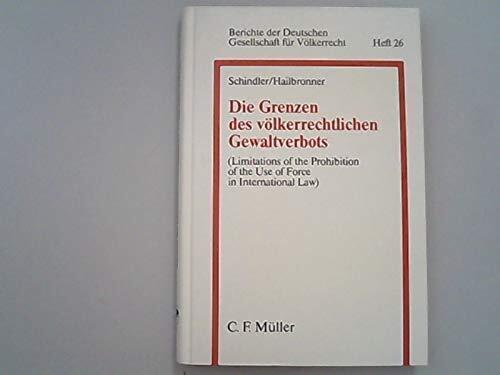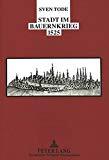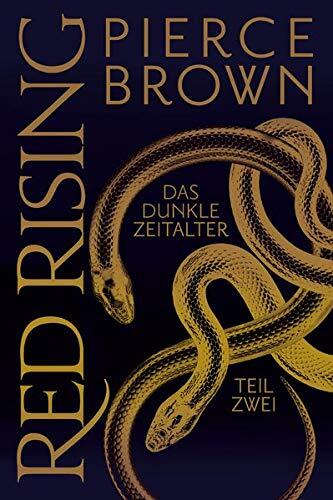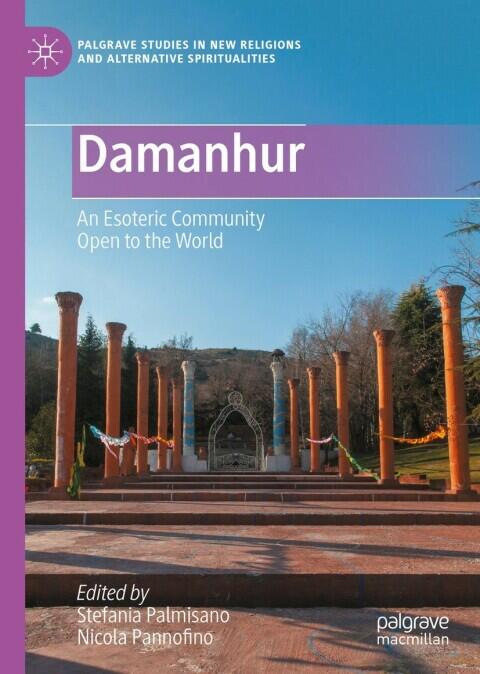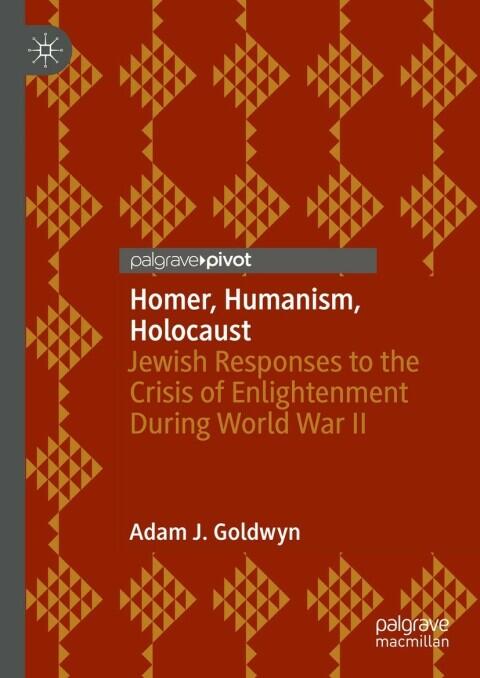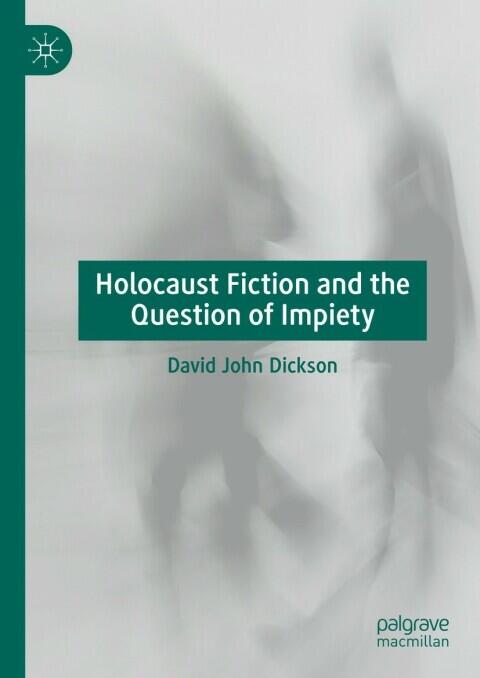
Holocaust Fiction and the Question of Impiety
by
David John Dickson
No ratings yet
Science Fiction
Action & Adventure
History
Format
Kindle
Pages
336
Language
English
Published
Jan 1, 2022
Publisher
Palgrave MacMillan
Edition
4
ISBN-10
3031123948
ISBN-13
9783031123948
Description
In a thought-provoking exploration of contemporary Holocaust fiction, this work delves into the complexities of narrative and memory surrounding one of history's most harrowing events. Through a critical lens, it investigates the tension between historical representation and the ethical responsibilities that come with it. The author grapples with the themes of impiety, offering a nuanced perspective on how stories of the Holocaust can sometimes traverse the delicate boundaries of respect and irreverence.
Engaging with the theoretical framework of Gillian Rose, the text interrogates the implications of storytelling in the context of profound trauma. It provokes readers to consider not just what stories are told, but how they are told and who gets to tell them. The author emphasizes the importance of authenticity and the potential pitfalls of fictionalizing real-events, making a case for the need for sensitivity in such portrayals.
The book goes beyond mere analysis, inviting a broader discourse about memory and its representation in literature. By weaving together critiques of specific works along with philosophical musings, it calls for a reflection on the moral burdens that come with engaging in Holocaust narratives.
Ultimately, this examination challenges readers to confront their own beliefs about storytelling and the concept of impiety in literature, leaving them with a deeper understanding of the ramifications of representing trauma in contemporary fiction.
Engaging with the theoretical framework of Gillian Rose, the text interrogates the implications of storytelling in the context of profound trauma. It provokes readers to consider not just what stories are told, but how they are told and who gets to tell them. The author emphasizes the importance of authenticity and the potential pitfalls of fictionalizing real-events, making a case for the need for sensitivity in such portrayals.
The book goes beyond mere analysis, inviting a broader discourse about memory and its representation in literature. By weaving together critiques of specific works along with philosophical musings, it calls for a reflection on the moral burdens that come with engaging in Holocaust narratives.
Ultimately, this examination challenges readers to confront their own beliefs about storytelling and the concept of impiety in literature, leaving them with a deeper understanding of the ramifications of representing trauma in contemporary fiction.
Reviews
Reading Log
No reading logs found
Start tracking your reading progress to see logs here
Add Your First Reading LogNotes
Transaction Log
No transaction logs found
Start tracking your book transactions to see logs here
Add Your First Transaction Log

